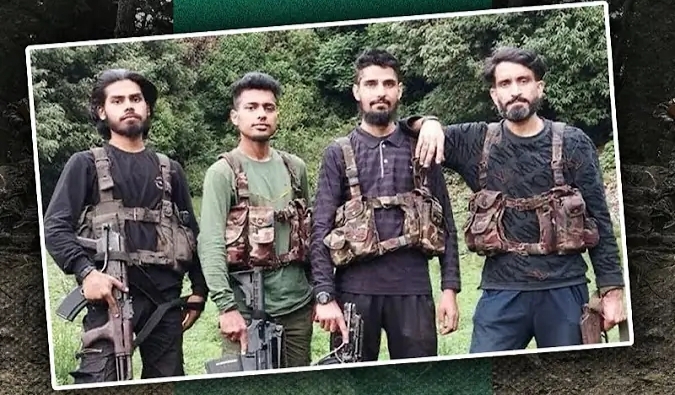From Our Bureau
NEW DELHI: The recent unearthing of a wide-ranging spy network in India, following the arrest of a Haryana-based YouTuber and several alleged collaborators, has raised serious concerns about the operational lapses within the country’s intelligence agencies. The breakthrough came in the aftermath of the Pahalgam massacre, where four unidentified assailants carried out a deadly attack—yet remain untraceable.
According to officials, 11 people have been arrested across multiple states in connection with the espionage ring. Among them is Hisar-based vlogger Jyoti Malhotra, who is believed to have played a key role in gathering and transmitting sensitive information to handlers based in Pakistan. Malhotra, currently in police custody, is being taken to several locations she visited over the past year, where she is suspected to have conducted reconnaissance on behalf of foreign operatives.
The Ministry of Home Affairs has termed the crackdown as a significant success in thwarting hostile intelligence operations. However, security experts and former officials are less convinced. They argue that the exposure of this spy ring ironically points to deeper systemic issues, especially the failure to pre-empt the Pahalgam massacre, which may have served as a trigger for a more aggressive counter-intelligence response.
“If Pahalgam hadn’t happened, this network may have stayed under the radar for many more months, possibly even years,” said a senior retired intelligence officer on the condition of anonymity. “The event acted as a catalyst. But it also exposed how unprepared we were.”
The intelligence failure to identify or apprehend the four attackers involved in the Pahalgam incident has led to criticism from various quarters, especially as the network allegedly operated for an extended period across several Indian states. Sources indicate that the network’s members, while widespread, lacked formal training and operated in a decentralized manner. Many were lured by money or ideological manipulation, rather than being trained espionage professionals.
Former Director General of Uttar Pradesh Police, Vikram Singh, emphasized the amateur nature of the accused. “Most of the individuals arrested have little to no background in espionage. They are not career spies. Many are ordinary people who were possibly exploited for small tasks,” Singh said in an interview. “These kinds of arrests, while dramatic, often don’t stand the test of legal scrutiny.”
This sentiment is echoed by law enforcement officers involved in past espionage investigations. Several admit that many spy-related cases collapse during trial due to lack of concrete evidence, poor case-building, and over-reliance on circumstantial proof.
Despite these challenges, further arrests are anticipated as agencies continue to investigate the full extent of the network. For now, the case serves both as a wake-up call and a cautionary tale. While the uncovering of the network is being projected as a triumph, the inability to prevent the Pahalgam tragedy and identify its perpetrators remains a glaring failure.
Asif Fauji (code-named Moosa), Suleman Shah (Yunus), and Abu Talha (Asif), Adil Guri
[TERRIORIST NAME]






